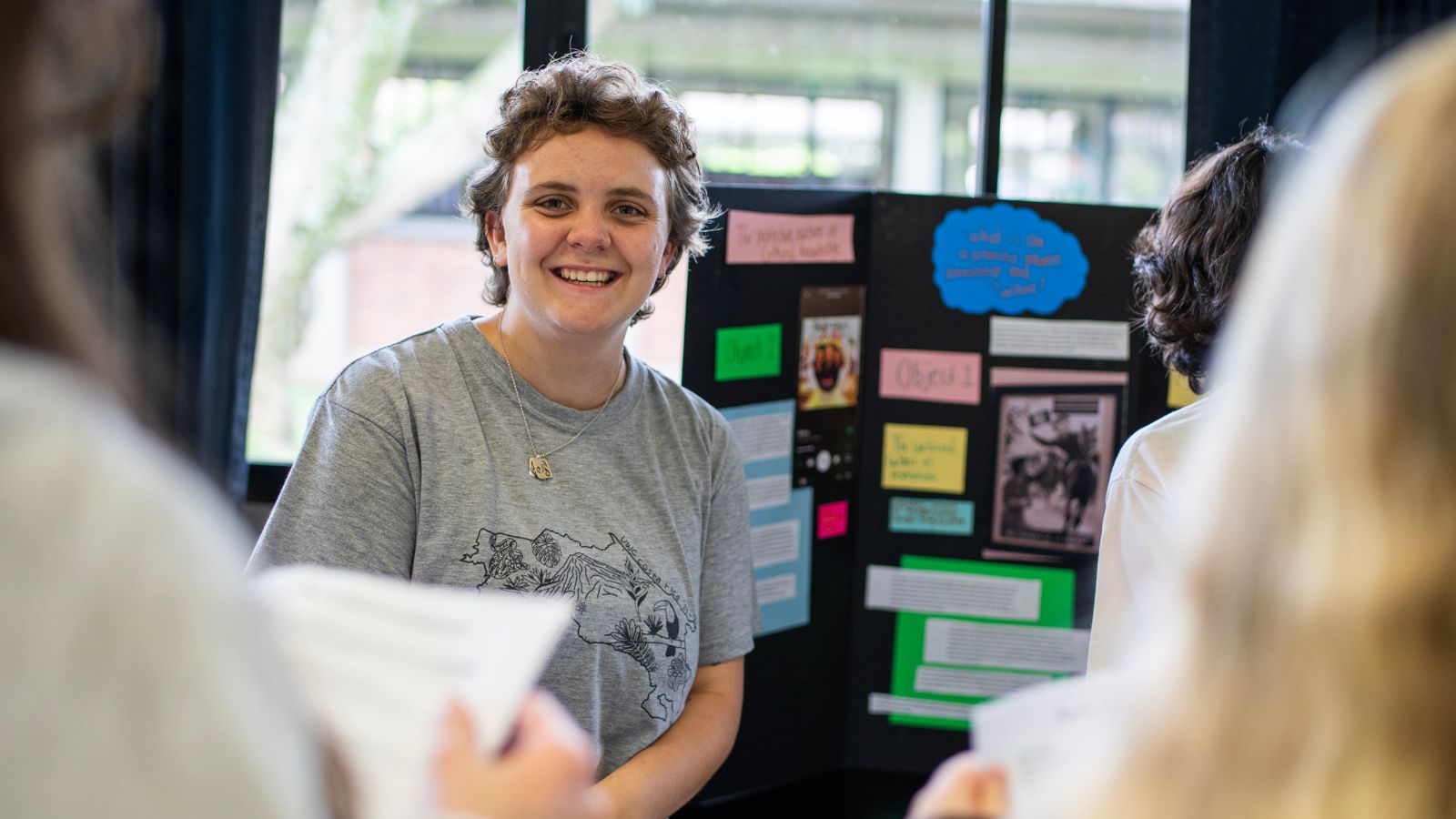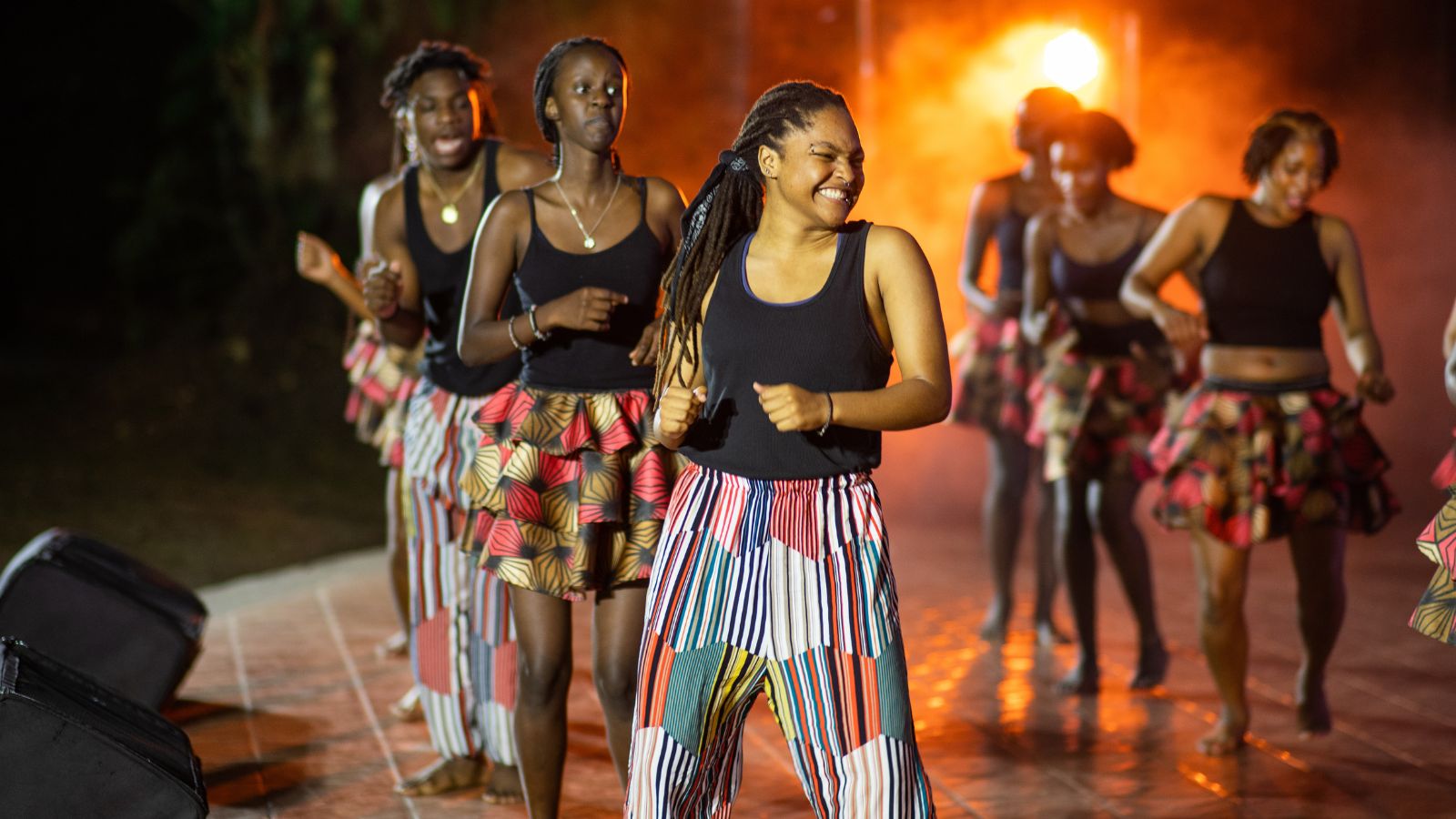UWC Costa Rica
.jpg)
San José, Costa Rica
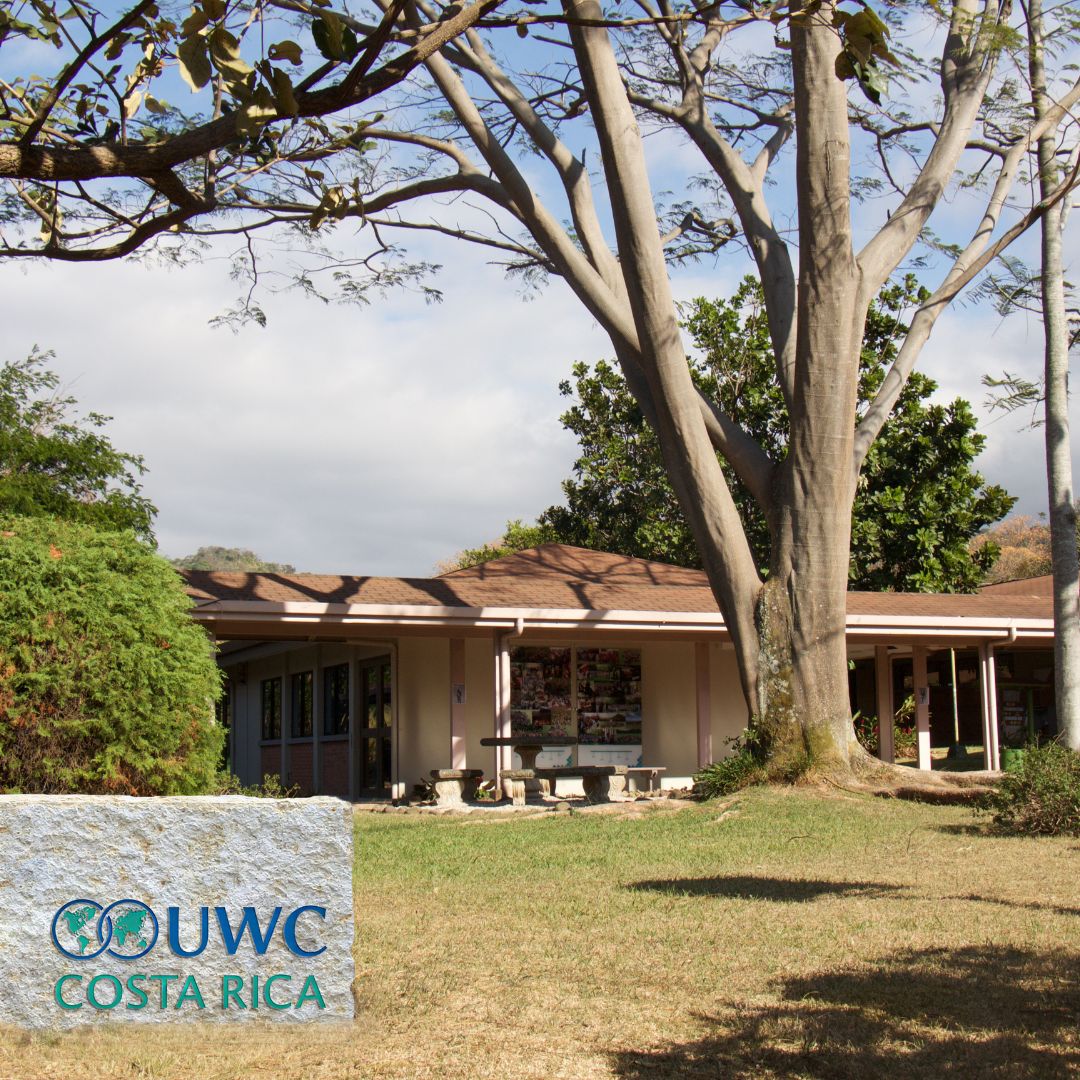 220 students, aged 16 to 19 years
220 students, aged 16 to 19 years- Founded - 2006
As the only UWC in Latin America and the Caribbean, UWC Costa Rica (UWC CR) offers a bilingual programme, opportunities to learn more about the region’s social, political and cultural history and opportunities to explore Costa Rica. The country’s long-standing history of peace, democracy, environmental protection and absence of a national military provide the ideal setting to develop UWC Costa Rica's curriculum.
Three unique features
Sustainability Framework: The College defines sustainability as a mindset and ethical guideline for balance and well-being, embracing reciprocity. This concept is integrated throughout the curriculum to promote learning from nature and new pedagogies. The college is also purposefully constructing a new campus aligned with this principle, addressing climate change through sustainable construction practices and nature reserve restoration on its property.
Agents of Change Programme: An experiential learning adventure where students become aware of their capacity for positive change. Students form project teams and partner with local communities or organisations to gain step- by-step experience in designing, implementing and evaluating a project from a social entrepreneurship approach. Projects focus on activism, social entrepreneurship, technology and sciences.
The Wellness Initiatives: Initiatives at UWC create a secure, home-like environment fostering belonging, mutual understanding and open-minded learning. Rooted in the college's sustainability framework, these initiatives instil lifelong skills in emotional wellbeing, healthy relationships, stress management, intercultural communication and understanding within the UWC community.
Academic curriculum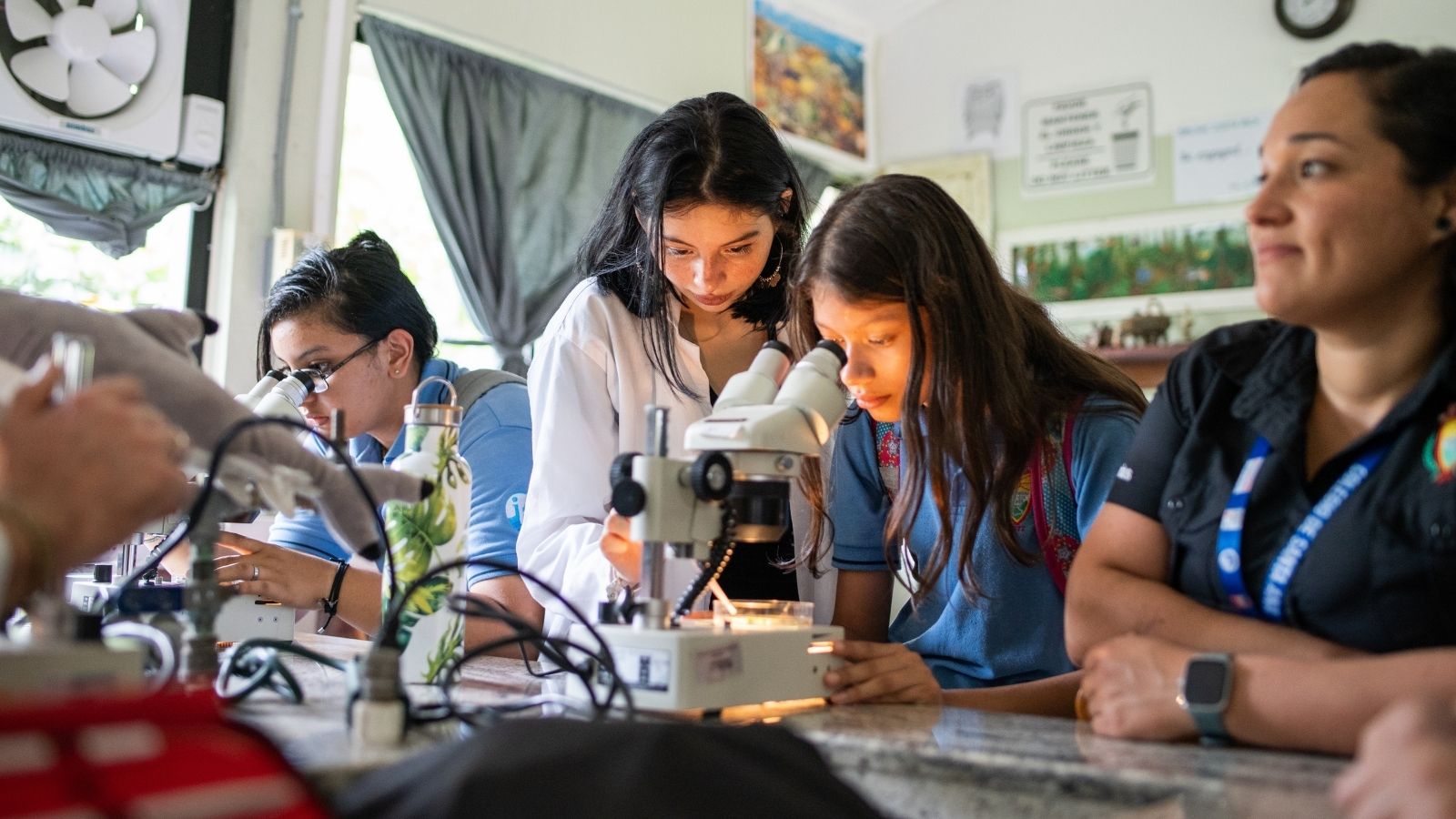
Our students follow the International Baccalaureate Diploma Programme (IBDP), which is made up of three core components and six subject groups. We are a bilingual college, and the IBDP is offered in Spanish and English.
Average class size: 13
International Baccalaureate Diploma Programme
Core components
- Theory of Knowledge: students reflect on the nature of knowledge and on how we know what we claim to know.
- The Extended Essay: an independent, self-directed piece of research, finishing with a 4,000-word paper.
- Creativity, Activity, Service (CAS): students take part in a range of experiences and at least one project.
Subjects
- Subjects Studies in language and literature: English Literature, English Language and Literature, Spanish Language and Literature, School Supported Self-Taught Literature
- Language acquisition: English B, French B, Spanish B, French AB Initio, Spanish AB Initio
- Individuals and societies: Economics, Geography, History in English, History in Spanish, Social & Cultural Anthropology in English, Global Politics in English, Psychology in English, Environmental Systems & Societies in English and Spanish
- Sciences: Biology in English, Chemistry in English, Physics in English, Environmental Systems & Societies in English and Spanish
- Mathematics: Mathematics: Analysis and Approaches in English, Mathematics: Applications and Interpretation in English and Spanish
- The arts: Visual Arts in English, Theatre in English
Co-curricular
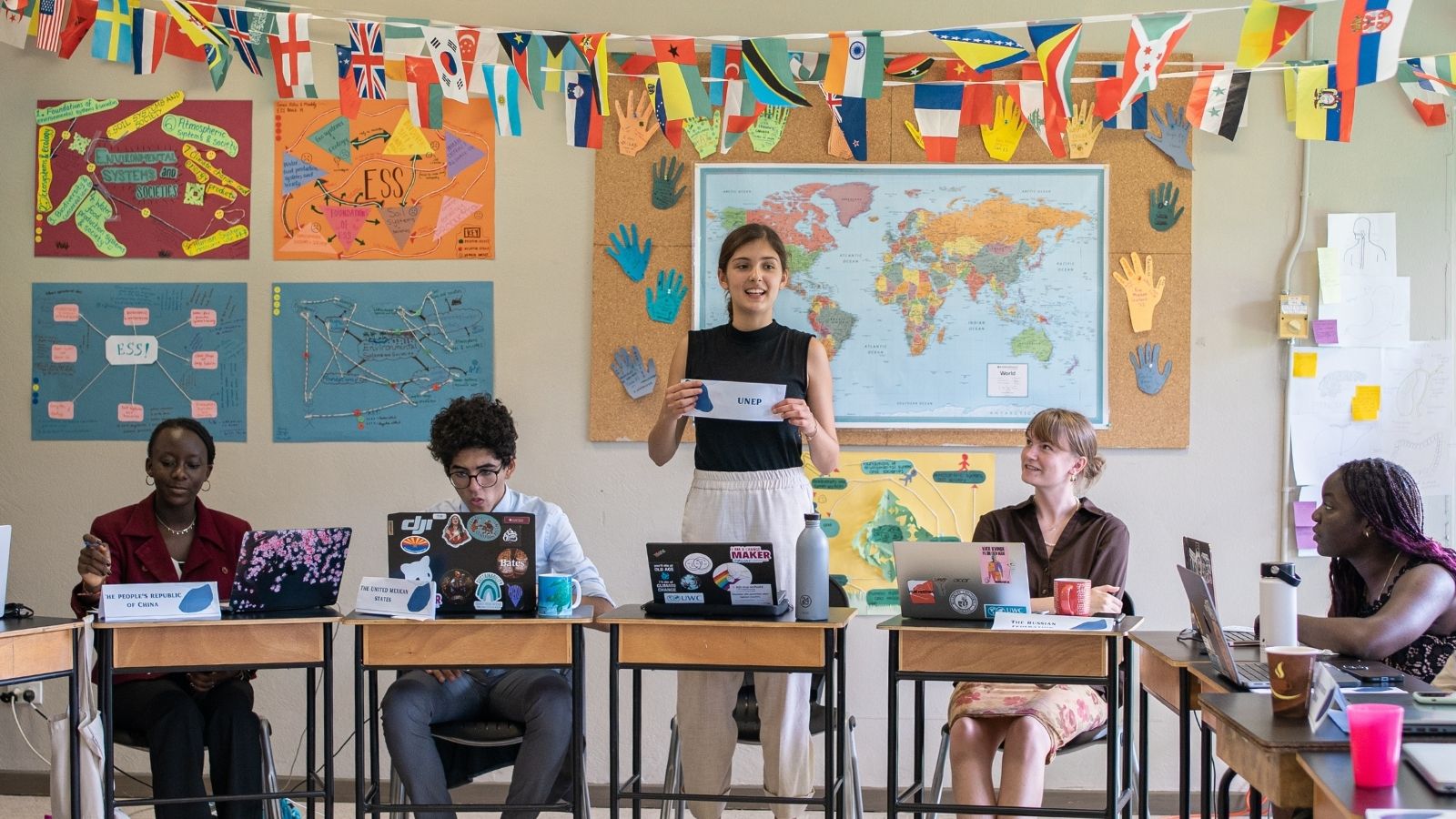 All students at UWC complete a co-curricular programme called Creativity, Activity and Service (CAS) - an integral part of the IB qualification. Students get the opportunity to choose a physical, a creative and a social service activity.
All students at UWC complete a co-curricular programme called Creativity, Activity and Service (CAS) - an integral part of the IB qualification. Students get the opportunity to choose a physical, a creative and a social service activity.
Physical activities:
- Yoga
- Crossfit
- Frisbee
- Cycling
- Table Tennis
- Volleyball
- Football (Soccer)
- Basketball
- Aerial Silks
- Afrodance, Asian Dance, and Urban/Contemporary Dance
- Self-Defense
- Swimming
- Hiking
- Karate
- Rugby
- Running
- Swimming
- Zumba
Creative activities:
- Greenhouse
- Campus Naturalists
- Eco-Brick/ Eco-crafts
- Rethinking Waste
- Climate Action
- Graphic Novelists
- Model United Nations
- Art Appreciation
- Origami
- Chess
- Creative Writing
- Digital Content Creation
- Music Ensemble
- Film Production
- Rhymer's Poetry
- Music
- CASfeteria: Regenerative food systems & traceability
- Programming (IT)
Social service:
- Lifting Hands
- Global Issues
- Healthy Masculinities
- Anti-Racism, Diversity, Inclusion, and Equity
- College Newspaper
- Cosmetics for our community
- Peer listeners
- Work with indigenous communities
- Work with refugees
- Work with young children (primary school)
- Campus care
Facilities and residences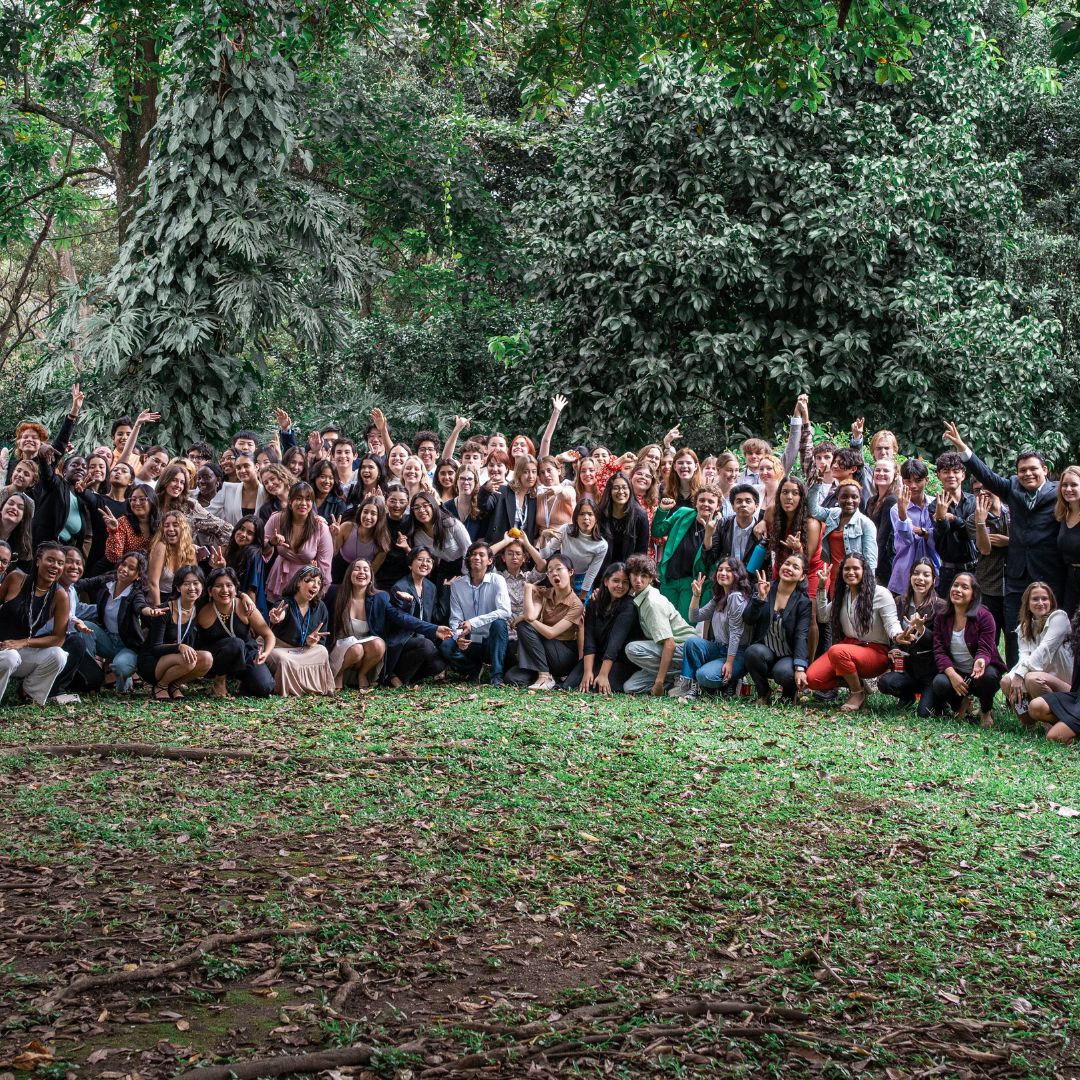
UWC Costa Rica's new campus is located in the mountains of San Isidro de Heredia, on a unique piece of land next to the Braulio Carrillo National Park. The 48 hectares of nature will allow students and guests to immerse themselves in new learning environments, wind down on the trails across campus, learn about the different flora and fauna ecosystems shared with the national park, and breathe the fresh air of the mountains. Our current campus at the heart of Santa Ana allows students to directly engage with the Costa Rican community while still surrounded by nature.
Facilities
- Medical Centre & Medical Isolation Spaces
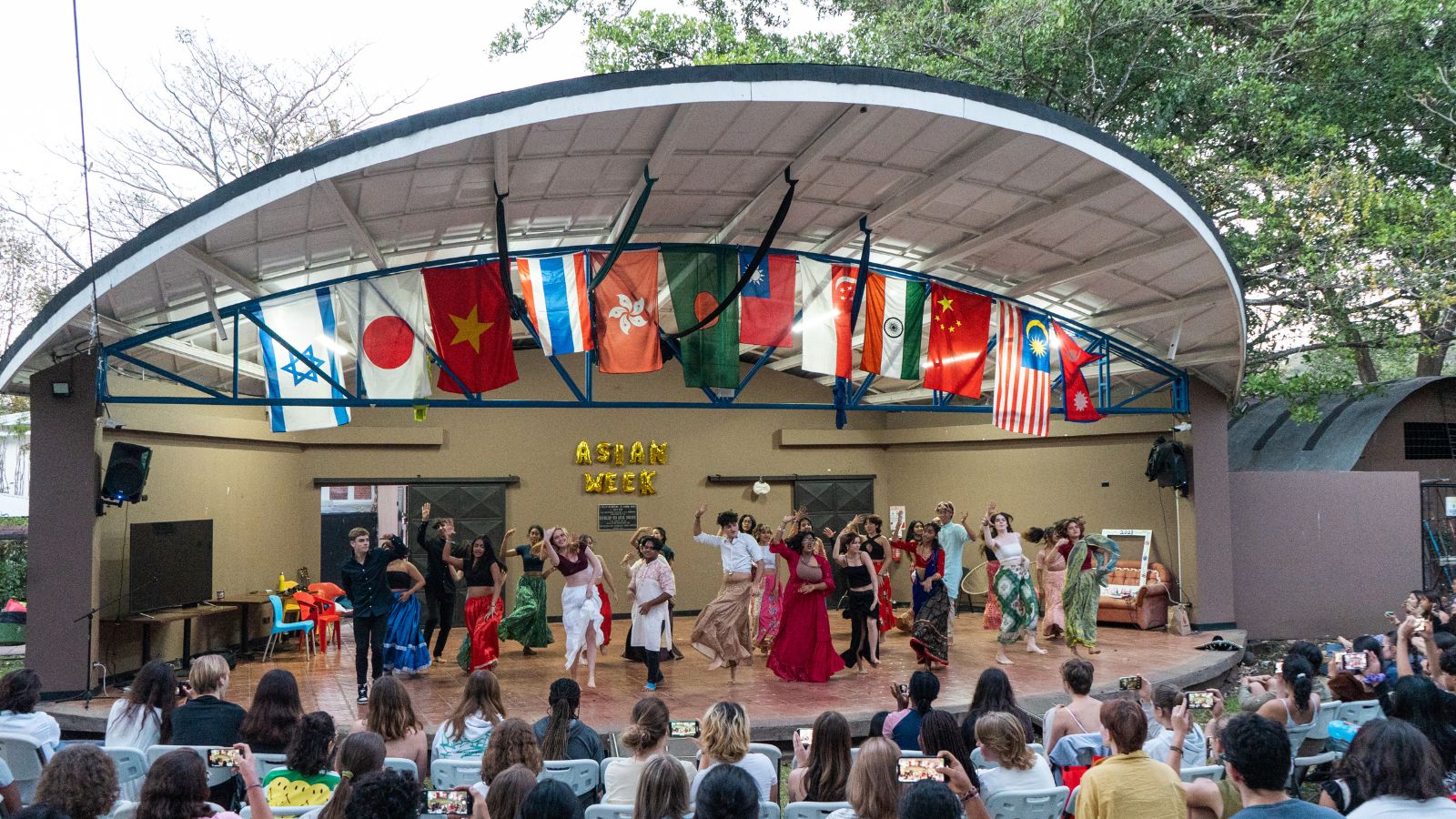
- Amphitheatre
- Gym
- Library
- Social Centre
- Football Field
- Basketball Court
- Art Centre
- Swimming pool outside campus
- 48 Hectare campus to National Park and Hiking Trails
Residential accommodation
Each residence house in Santa Ana has between 24 and 28 students. We have between two and four students per room who are supported by two student resident assistants (who have constant training and adult support) and one adult resident coordinator who lives adjacent to each building.
Students can stay on campus or stay with host families during the mid-term breaks. During summer, students must return to their families.
Wellbeing support
Medical provisions
- Two full-time nurses
- Paramedics weekday nights and weekends
- One part-time doctor with office hours.
- 24/7 on-call emergency services
- Modern, private hospitals 15 minutes from school, where we have private health insurance.
- Students are also covered by the government medical system.
Academic and emotional wellbeing
The school supports students’ academic and emotional wellbeing through:
- Relevant topics reviewed through group activities and talks
- Wellness counsellors are available on campus to offer one-on-one support
- Mentors support students with specific academic needs.
- Eight residence coordinators work weekdays, and residential staff are available during the weekends
- Medical support 24/7
- Two night-shift staff members
- Access to external providers such as psychotherapists and psychiatrists for specific cases
- Wellness ambassadors (a group of students who join the wellness team) to co-create activities and workshops promoting healthy lifestyles
